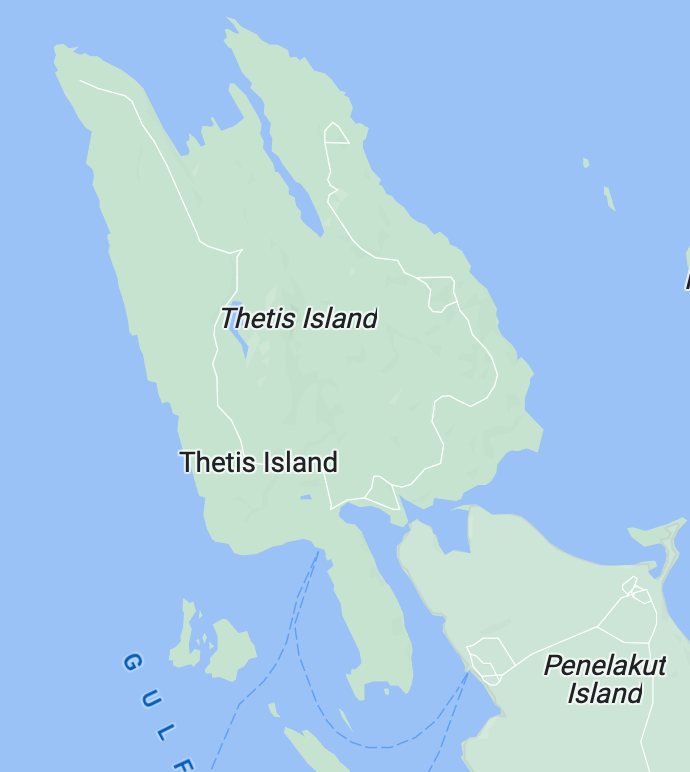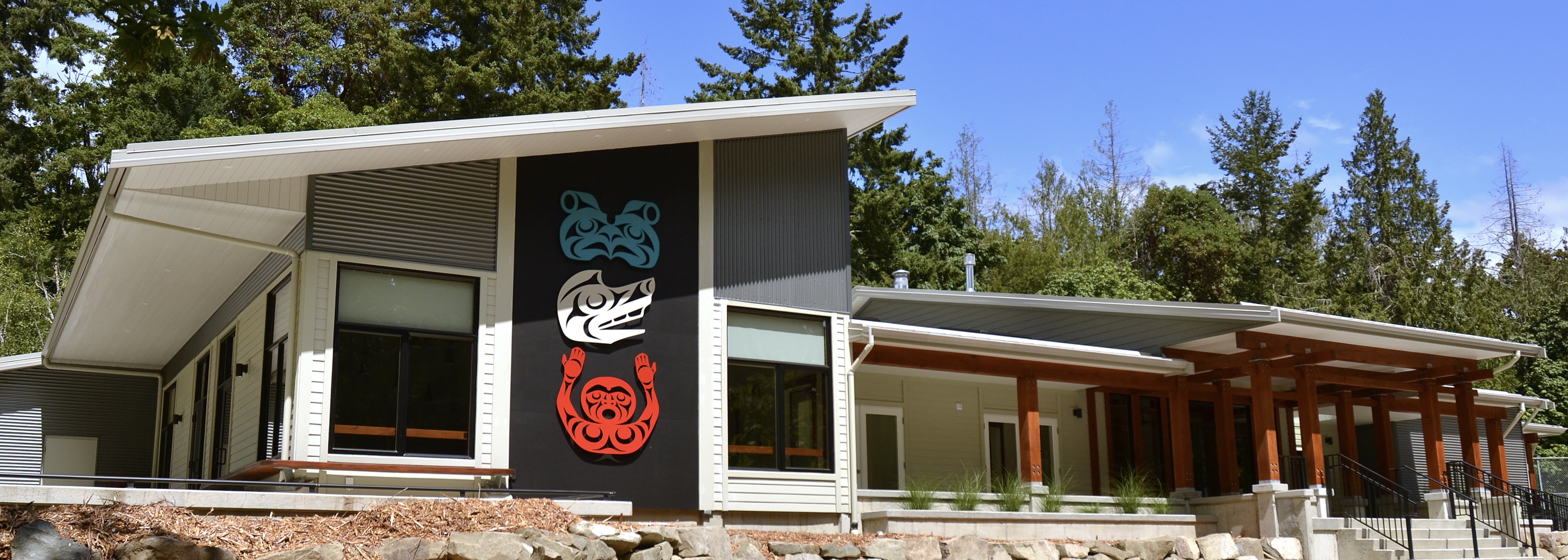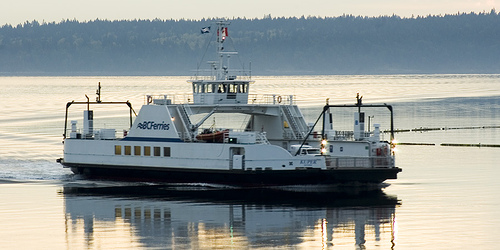Mosquitoes ~ Discussion Continued
 Monday, August 19, 2013 at 9:33PM
Monday, August 19, 2013 at 9:33PM from Ann Eriksson:
My two bits about mosquitoes. It is highly unlikely that the geese will eat Roughskin Newts as they are very toxic to any potential predators. So if the newts are declining on Thetis, which would require a long-term study to know for sure, it is likely from some other factor. One would think more ponds would mean more newts. I saw one on my property last summer. They congregate in large numbers after breeding, which occurs in ponds, so that was likely the source of the 'road kill' of the past. They ma now be breeding in other ponds not close to roads or some other factor that we are not aware of. Roughskin newts are a common amphibian on the BC coast, partly because of their toxic nature, and are not listed as a species at risk, but it is always good to keep tabs on things as the world changes.
As for the mosquitoes, they like moisture and a certain level of heat (too dry and they can't survive), so my guess is that the wet June followed by the immediate and unusual heat of July is the culprit. This is not just a Thetis problem, my family on Galiano has the same complaint. Scientists are concerned that the increase in global temperatures and corresponding increase in seasonal rains will increase the number and range of mosquitoes and mosquito-born illnesses.
Fish, newts, frogs, bats all eat mosquitoes in great numbers so the most natural way you can tackle the problem, is to make sure your ponds have fish and/or frogs and and encourage bats to live on your property by building bat houses. Anyone up for a bat house building workshop in the spring?
Ann










Reader Comments